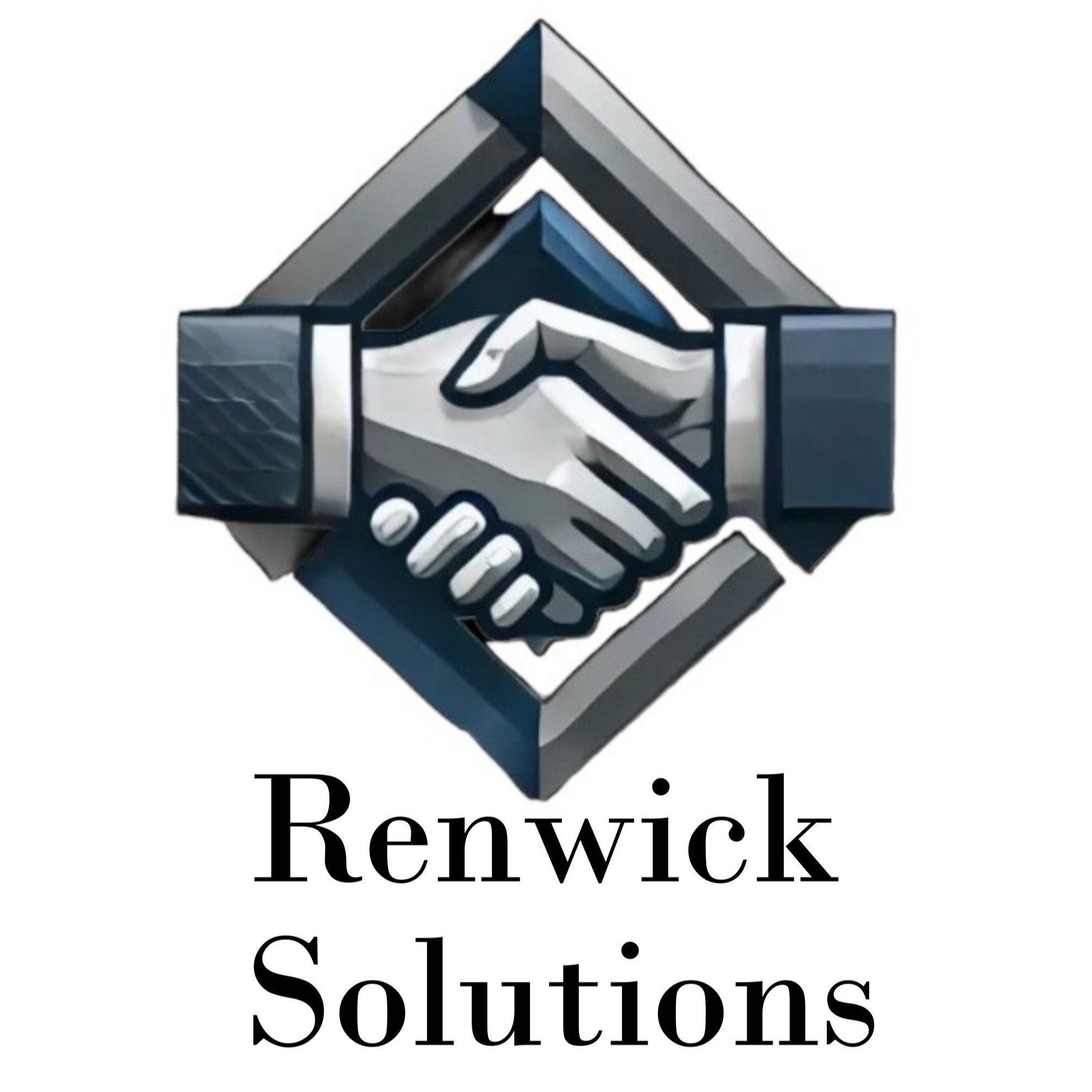Appreciation Works Better Than Criticism: What How to Win Friends and Influence People Still Teaches Us About Leadership
Appreciation isn’t just helpful. It’s essential. People crave it. And they can spot fake praise instantly. That’s why genuine recognition is one of the most powerful tools a business owner or manager can use. As Dale Carnegie taught in How to Win Friends and Influence People, people respond far more to praise and warmth than they ever will to criticism and correction.
Why Appreciation Matters
If you’re not regularly recognizing people or calling out their progress and accomplishments, you’re failing your team. Ask yourself this: at that Friday meeting, why is the room so quiet? It’s probably because it’s focused on metrics, reports, and goals, not people.
Those meetings should be more than business updates. They should be an opportunity to acknowledge what your team is actually doing. Did someone complete a challenging training? Master a new machine? Step up during a tough shift? Say it out loud. Call it out. Let them hear it from you in front of others.
People love hearing their name. Not “hey” or “sir,” but their name. That name is tied to how they were raised, how their partner greets them, how they’re known in their closest circles. Even a nickname brings familiarity and warmth. Calling someone by name creates a connection and recognition that no generic praise ever could.
Don’t just say “thanks to the production team.” Say “I want to shout out Lisa, Marcus, and Nina for handling extra work during the rush.” Even if only ten out of fifty are present, mention them by name. People want to be acknowledged as individuals, not just as a department.
Praise is Fuel. Criticism is a Tool.
When giving feedback, how you say it is just as important as what you say. Stop using the word “but.” It cancels out everything that came before it. Use “and” instead. Show that you recognize what’s going well and where there’s room for growth.
Instead of saying, “Your sales have been great this quarter, your attitude is stellar, but you’re selling 55 percent less in X department than others in your district,” try this: “Your sales have been great this quarter, your attitude is stellar, and we know you’re someone who wants to make more money. You’re selling 55 percent less in X department, and that’s around 250 dollars a month in untapped commission. Let’s figure out how to close that gap.”
Same facts. Completely different tone. One feels like pressure. The other feels like support.
Also, align your goals with theirs. Instead of saying “we need you to hit these numbers,” ask what they want. Do they want to earn more? Get promoted? Build their résumé? Show how improving certain metrics can help get them there.
Be Human, Not Just a Boss
Feedback should be ongoing, not just reserved for performance reviews. Keep track of what your team does well. Create a system of commendable actions. When someone steps up, record it. Later, bring it up in their review: “I remember back in February when you helped that new employee get up to speed. That was impressive.”
If they remember, they’ll smile. If they forgot, they’ll be even more touched that you noticed. Either way, they’ll feel valued. And people don’t stay at companies that ignore them.
Even small gestures matter. A shoutout in a meeting. A personal note. A cupcake on their birthday. It isn’t about spending money or making grand gestures. It’s about noticing, remembering, and caring.
Honey Over Vinegar
Honey over vinegar. People will always do more with appreciation, understanding, and kindness than threats and force ever could accomplish. It’s a fact of life: people don’t feel comfortable when they’re stressed out. Their minds become distracted, productivity drops, and results flutter.
However, if you show appreciation, offer resources, and even a small token of recognition, you might be surprised how much a person can change. A little kindness can reignite engagement and effort in even the most discouraged employee.
Now, here’s something every leader must recognize. An employee who isn’t a fit just isn’t a fit. You can try to make it work, but it’ll never quite click. It’s like trying to fit a puzzle piece into the wrong spot. It’ll jam in awkwardly, never settle properly, and leave the whole picture misaligned.
You wouldn’t rent an economy car to move an apartment. You’d rent a truck. The same logic applies here. Don’t expect results where the capacity just isn’t there.
The Bottom Line
If you want better performance from your team, stop focusing on criticism. Lead with appreciation. Treat people like people. Call them by name. Replace “but” with “and.” Align their goals with yours. Track and remember commendable actions. Make feedback personal and real.
Dale Carnegie said it best: be hearty in your approbation and lavish in your praise. The results will speak for themselves.


